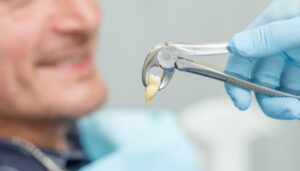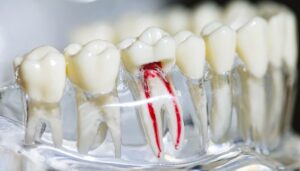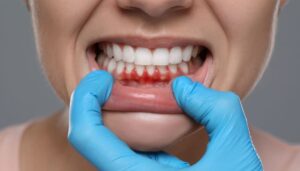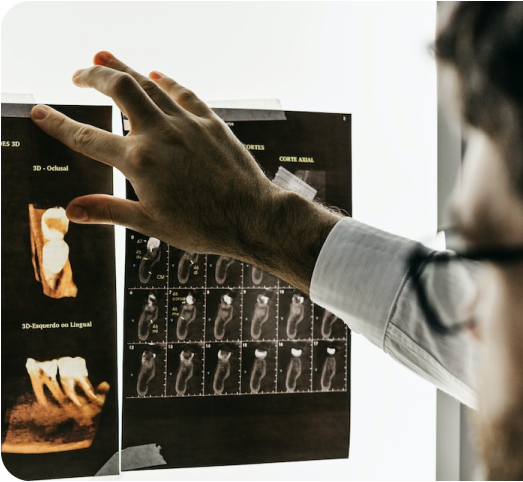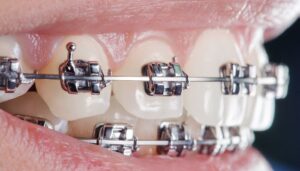
Orthodontics for All Ages: Why Your Family Deserves a Confident Smile
A radiant, confident smile is timeless—and so is the opportunity to achieve it. Gone are the days when orthodontics was seen as a treatment reserved solely for teenagers. Today, advancements in dental technology and techniques have made orthodontic care accessible and effective for every member of your family, from children to adults. At All Smiles Family Dentistry, we believe that a healthy, aligned smile is a lifelong asset. Here’s why orthodontics is a game-changer for all ages and how it can transform your family’s oral health and confidence. Orthodontics Isn’t Just for Kids While many associate braces with adolescence, orthodontic care is beneficial at any age. For children, early intervention (around age 7) can guide jaw growth, correct bite issues, and prevent more complex problems later. Teens often benefit from traditional braces or clear aligners to straighten teeth during a critical developmental phase. However, adults are increasingly seeking orthodontic treatment too—whether to correct long-standing issues, improve oral health, or simply boost self-esteem. Modern options like Invisalign®, ceramic braces, and lingual braces make treatment discreet and convenient, fitting seamlessly into busy lifestyles. Health Benefits Beyond Aesthetics Straight teeth aren’t just about looking good—they’re about feeling good, too. Misaligned teeth or a poorly aligned bite (malocclusion) can lead to: Orthodontic treatment addresses these issues, promoting better oral hygiene, reducing discomfort, and preventing costly dental problems down the line. For adults, correcting alignment can even improve digestion and overall wellness by making chewing more efficient. Tailored Treatments for Every Stage of Life At All Smiles Family Dentistry, we customize care to meet the unique needs of each family member: Confidence That Lasts a Lifetime A straight smile isn’t just a cosmetic upgrade—it’s a confidence booster. Children and teens with aligned teeth often feel more comfortable in social settings, while adults report improved self-assurance in personal and professional interactions. Orthodontics empowers your family to smile freely, laugh openly, and face the world with confidence. Why Choose a Family-Focused Orthodontic Practice? At All Smiles Family Dentistry, we prioritize: Invest in Smiles That Shine Together Orthodontics is an investment in your family’s health, happiness, and future. Whether your child needs early intervention, your teen is ready for braces, or you’re considering treatment for yourself, All Smiles Family Dentistry is here to guide you every step of the way. Ready to Start Your Family’s Orthodontic Journey?Contact us today to schedule a consultation. Let’s create healthy, confident smiles that last a lifetime!
